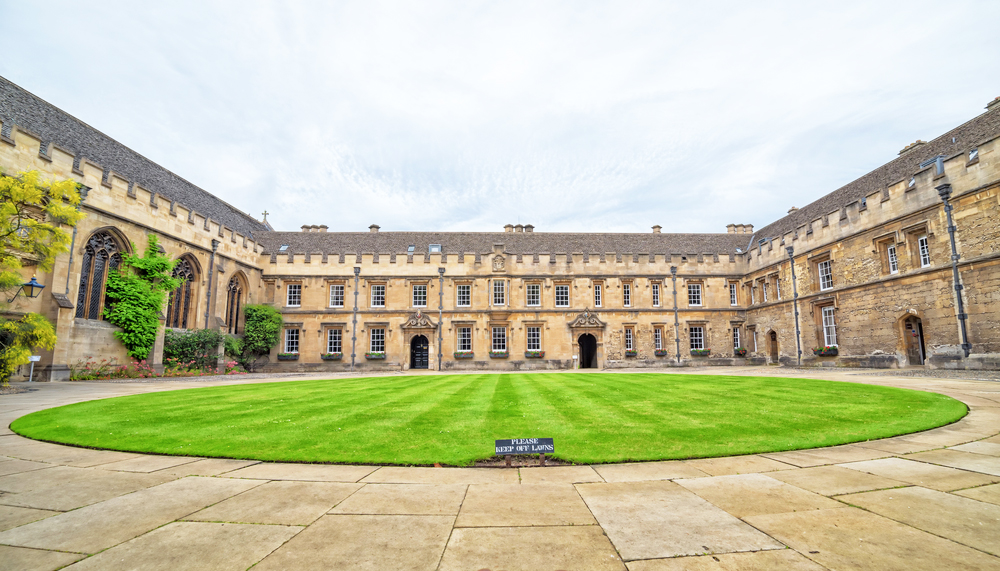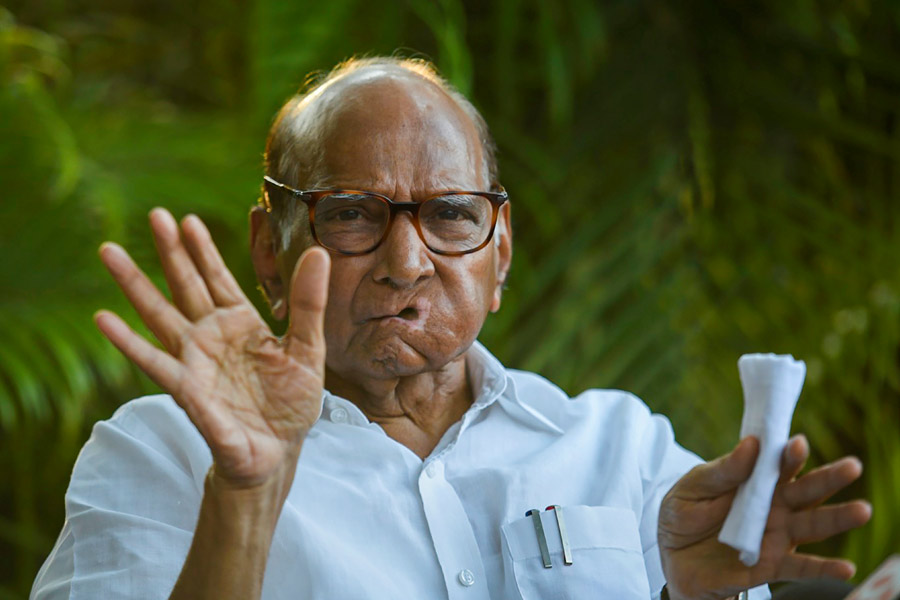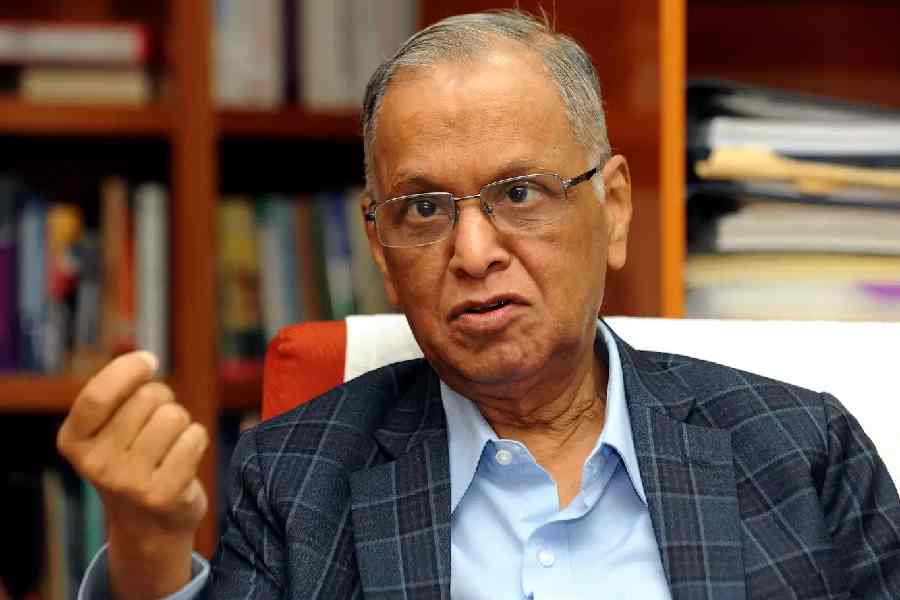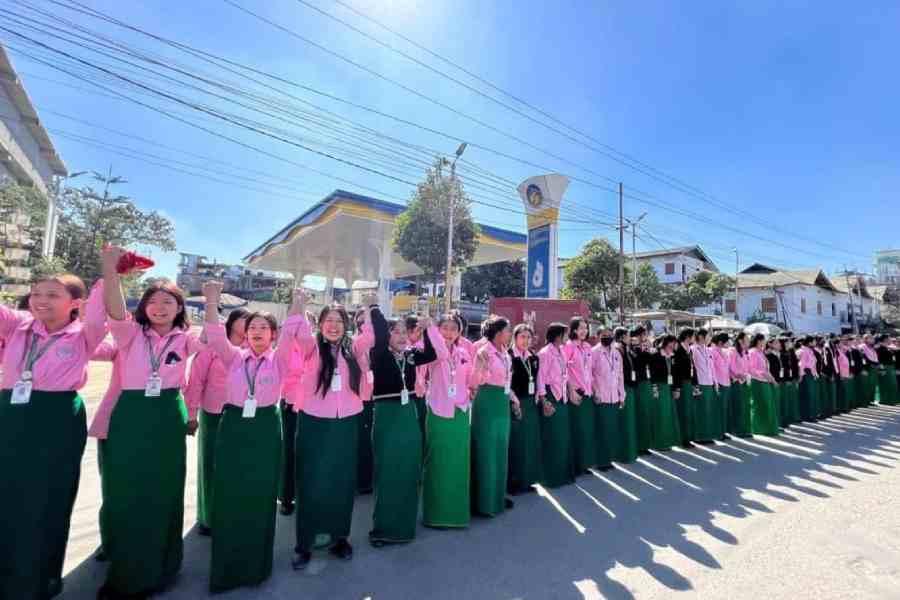An Oxford college is to appoint a research assistant to investigate what may be its own dark colonial past, in what looks like an act of mea culpa.
In taking this action, St John’s College appears to be following the example of several leading British museums, such as the V&A, the British Museum and the Pitt Rivers Museum in Oxford, which are examining the provenance of their colonial acquisitions (though they have no intention of returning the treasures).
The action by St John’s, which has the largest endowment of any Oxford college, comes after the “Rhodes Must Fall” movement in 2015
saw students unsuccessfully demand the removal of a statue of the colonialist Cecil Rhodes from Oriel College.
Posted under the heading “St John’s and the Colonial Past”, the job ad says: “An opportunity for postgraduate historians of empire, slavery and education to contribute to the debate on decolonisation. The college invites applications for a research assistant to support groundbreaking research.
“This pioneering project will explore connections between the college and colonialism, uncovering benefactions to St John’s and the alumni who served in the empire. It will also investigate the monuments, objects, pictures and buildings that evoke the colonial past.”
The job ad says: “The research will feed into a report and other scholarly publications and a series of workshops will be held to discuss the findings and to plan responses.”
The two-year fixed-term post would be funded by the college and would be led by the vice president of St John’s, Prof William Whyte, “a British academic historian specialising in the architecture of British churches, schools and universities and professor of social and architectural history at Oxford”.
Commenting on the project, Whyte said: “The links between Oxbridge and the empire were strong and powerful. Their effects can still be felt today.
“Yet in recent years both colleges and universities have tended to want to forget this. It’s our hope that this project will not only uncover the ways in which empire and college were intertwined, but also serve as a model for other colleges to follow as they too come to terms with their history.”
The college also said there were “compelling intellectual and ethical reasons for institutions of higher education to face up to the role they played in the British Empire.
“Oxford in general helped to educate and train colonial administrators; missionaries; apologists for, and critics, of empire; and significant leaders and creators of newly independent states.”
The project will be overseen by a high-powered steering committee whose members would include “Prof Elleke Boehmer, Prof John Darwin, Prof Margot Finn, Prof Ruth Harris, Prof Sir Brian Harrison, Dr Richard Huzzey, Prof Mohamed-Salah Omri, Prof Lloyd Pratt, Prof Barbara Savage, Prof Amia Srinivasan and Dr Nicholas Westcott”.
Since the past cannot be changed nor bequests returned, many critics, especially on the Right, will argue that St John’s is engaged in what has come to be known in Britain as “virtue signalling”.
Blissfully happy Calcutta boy Debjit Mandal, reading mathematics and computers, was asked what he liked about St John’s and gave this answer: “I find the teaching system in St John’s very efficient and we work on a very balanced schedule. The tutors are very professional and experienced. I find their comments on my work extremely helpful in improving my level of understanding for the topic at hand.
“The students here come from all kinds of backgrounds and cultures. I can learn many new things from them every day and this has deepened my understanding of other cultures and life experiences.”
In 2016, Jesus College at Cambridge University took down a bronze cockerel statue that had been looted during a British colonial expedition to Nigeria in the 19th century, after students asked for it to be repatriated.
Later that year Queen Mary University of London quietly removed a foundation stone laid by King Leopold II amid student complaints that he was a “genocidal colonialist”.
In the US, Harvard Law School replaced its official crest, because of its links to an 18th-century slave owner, following five months of demonstrations and sit-ins by students.
Two years after a statue of Mahatma Gandhi was erected at the University of Ghana campus, it was taken down by school authorities because of his comments about black people during his early days in South Africa. The statue was unveiled in 2016 during a visit to Ghana by former Indian President Pranab Mukherjee.
Weeks after its unveiling, it was vandalised and the spectacles on the statue broken off. In December last year the entire statue came off the plinth under the supervision of campus security.
“Gandhi has finally fallen,” gloated one critic, Akosua Adomako Ampofo.
However, historian Ramachandra Guha has said Gandhi completely changed his views later in life.











